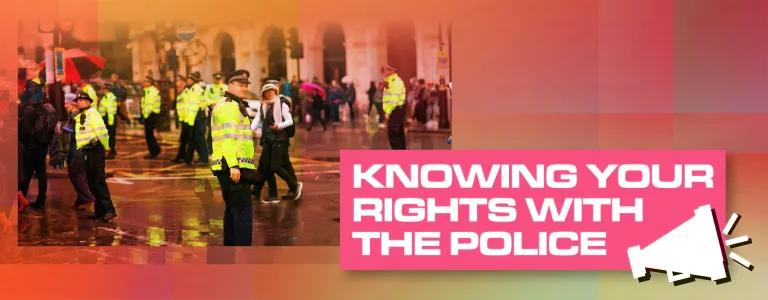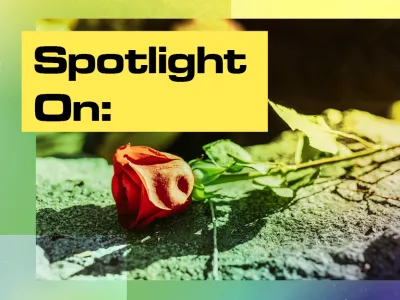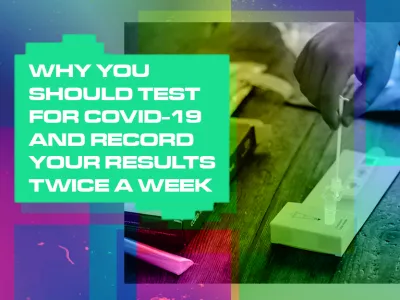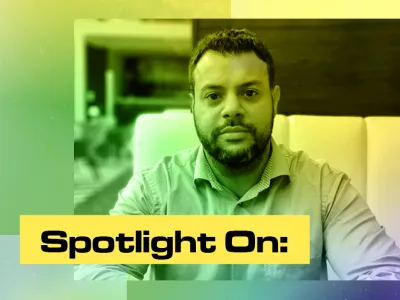
Knowing Your Rights With The Police
Include this article in your Skills Builder Journal. It could help you develop... ![]()

As humans, we all have rights in the way we live and express ourselves. But do you know about the rights you have when dealing with police? The Independent Office for Police Conduct shares important information, and details of their latest campaign…
Over the last three years, through our own research, and from the work of our Youth Panel, we’ve found that young people are amongst those who are least likely to know about the police complaints system. And, when they do know about it, they have some of the lowest levels of confidence in it.
At the Independent Office for Police Conduct (IOPC), we’ve been working with a group of 30 young people, aged 16-24, since 2018 to help understand why they have low confidence in the police complaints system, the barriers which prevent their engagement and potential solutions to increase trust and confidence.
We’ve found that now more than ever, the public needs assurance that there are checks and balances to police powers, and there is accountability and learning when things go wrong.
Research from Leaders Unlocked - a social enterprise that enables young people and underrepresented groups to have a stronger voice on issues that affect their lives - gathered views from 3900 young people across England and Wales and found that they had mixed experiences of being stopped or dispersed by the police during lockdown, with some young people unclear about the rules. Others believed they were stopped or dispersed unnecessarily, for instance, when they were alone or with one other person and observing social distancing guidelines.
To help people learn about their rights and to raise more awareness, we’ve created the ‘Know your Rights’ campaign with our Youth Panel. The campaign is aimed at - and informed by - young people aged 13-21 and is designed to ensure their voices are heard.
You can find and follow the campaign on our Instagram account. It provides simple, clear information about how you should expect to be treated and how to complain if you are unhappy with an interaction involving the police. The scenarios include mental health episodes, experiencing stereotyping, or discrimination and stop and search.
We know this is just the start and more work is required to improve young people’s confidence so that their voices will be heard. We will continue to take the necessary steps, but we also need help from those who care about their community and policing to raise awareness about the system and how to use it.
As we begin this campaign it would be great if you could help us by supporting it – please give us a follow at @independent_police_conduct and like and share the posts using any of the following hashtags - #IOPC #Knowyourrights #policecomplaints.
And don’t forget, the police complaints system is there to empower you, to help you raise concerns, understand your experience, hold individual officers and forces to account, and provide learning to drive improvements that benefit the public and officers. If you need it, use it.




